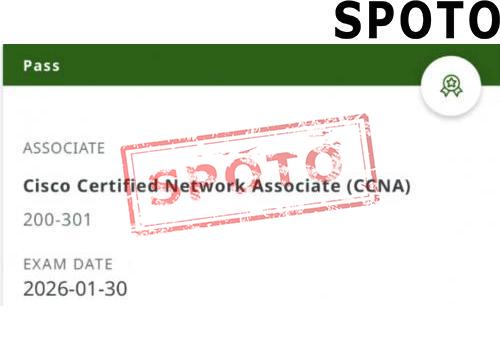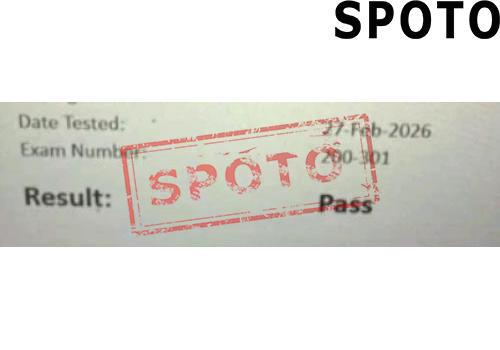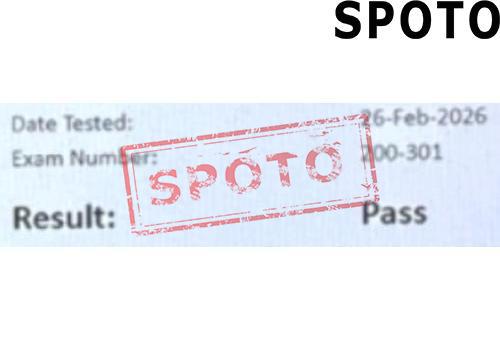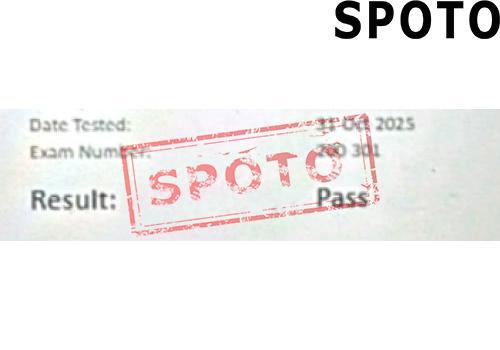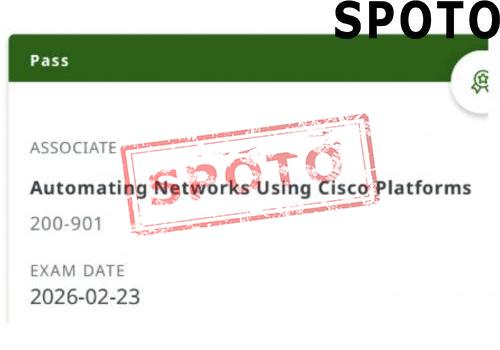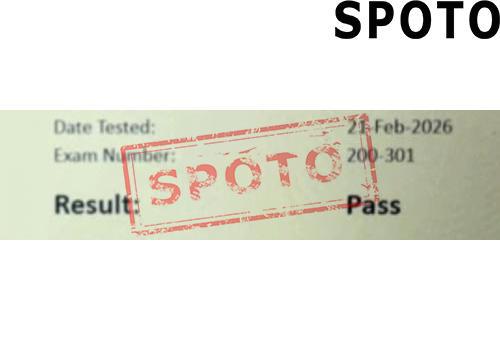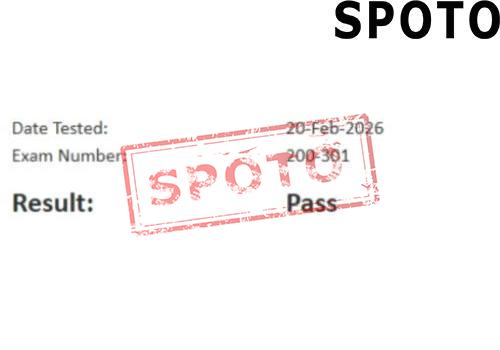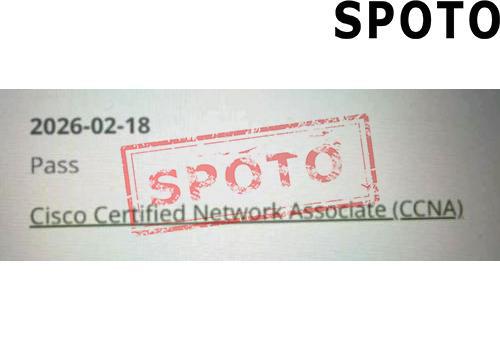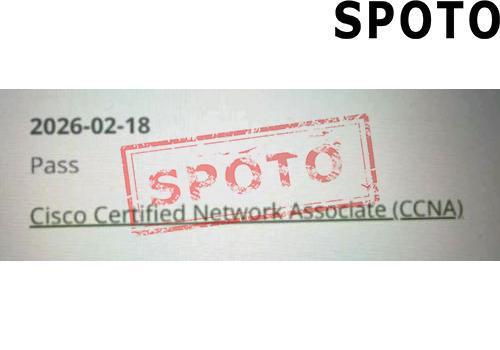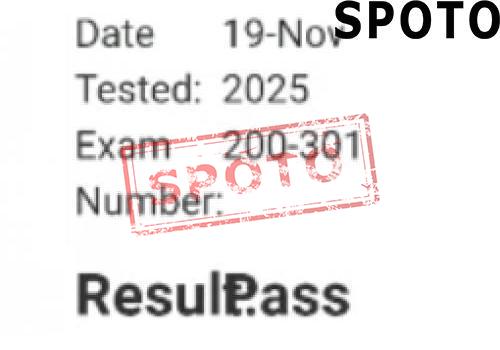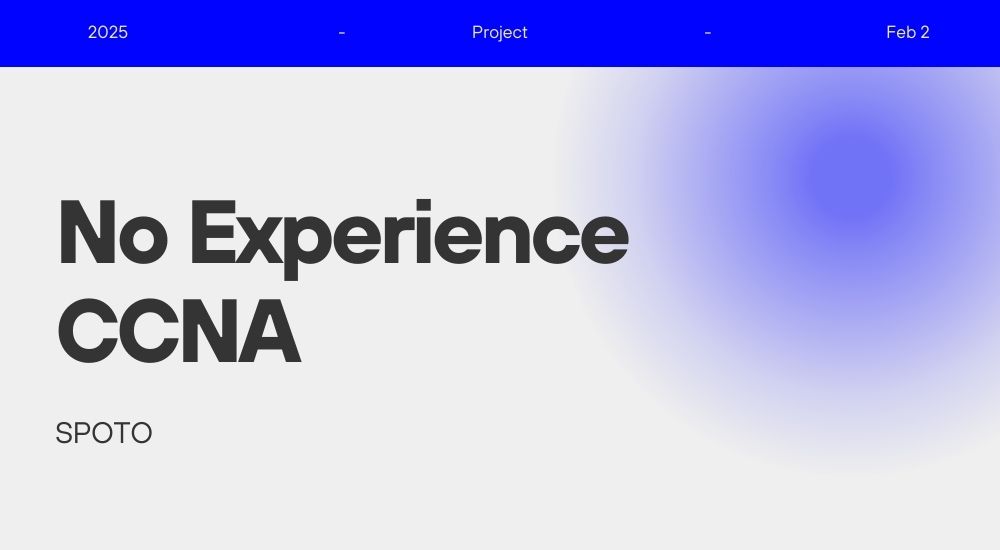
Embarking on the journey to earn a Cisco Certified Network Associate (CCNA) certification without prior networking experience might seem daunting. However, with the right approach, resources, and mindset, it's entirely achievable. The CCNA serves as an entry-level certification designed to validate foundational networking knowledge, making it a popular choice for beginners. Here's a guide on what it means to pursue CCNA with no experience and how to set yourself up for success.
What It Means to Pursue CCNA Without Experience
Attempting the CCNA without prior hands-on experience means starting from scratch with little to no familiarity with networking concepts. While this may present challenges, it also comes with some advantages:
-
Fresh Perspective: Beginners can approach the material with an open mind, free of preconceived notions or outdated practices.
-
Building a Strong Foundation: CCNA training covers the basics, making it an ideal starting point for those new to IT and networking.
-
Challenging but Rewarding: Although the learning curve may be steep, mastering the concepts builds confidence and paves the way for further certifications.
Steps to Get Certified Without Experience
1. Understand the CCNA Exam Topics
The CCNA exam (200-301) covers a wide range of topics, including:
- Networking fundamentals: IP addressing, subnetting, and protocols like TCP/IP.
- Routing and switching: VLANs, OSPF, and Ethernet.
- Security basics: Access control lists (ACLs) and device security.
- Automation and programmability: Introductory concepts to prepare for modern IT demands.
Study the official Cisco CCNA exam blueprint to get a clear understanding of what's expected.
2. Choose the Right Study Materials
Without experience, selecting high-quality resources is critical. Popular choices include:
- Books: "Cisco Certified Network Associate (CCNA) Official Cert Guide" by Wendell Odom.
- Video Tutorials: Platforms like CBT Nuggets, and Udemy offer beginner-friendly courses.
- Practice Tests: Use services like SPOTO to simulate exam scenarios or get professional training.
3. Gain Hands-On Practice
Practical experience is crucial for mastering CCNA concepts, even if you lack professional IT experience. Tools like:
- Cisco Packet Tracer: A free network simulation tool for designing and troubleshooting networks.
- GNS3: A more advanced tool for building virtual network labs.
- Real Equipment: Investing in second-hand routers and switches can provide invaluable experience.
4. Join Networking Communities
Engaging with online forums and communities can accelerate your learning:
- Cisco Learning Network: Official Cisco forum for certification resources and discussions.
- Reddit (r/ccna): A supportive community for CCNA aspirants.
- YouTube Channels: Follow creators who specialize in beginner-friendly networking tutorials.
5. Build a Study Schedule
Consistency is key. Create a study plan that:
- Allocates daily or weekly study hours.
- Includes time for theory, hands-on practice, and revision.
- Tracks progress with milestones, such as completing specific modules or scoring well on practice exams.
6. Focus on Weak Areas
Beginners often find topics like subnetting, VLANs, or routing protocols challenging. Dedicate extra time to these concepts by:
- Watching detailed tutorials.
- Breaking down complex topics into smaller, manageable parts.
- Practicing repeatedly until you're confident.
7. Take Mock Exams
Practice exams are essential for:
- Familiarizing yourself with the test format.
- Improving time management during the actual exam.
- Identifying weak areas that need further review.
Aim for consistent scores of 85% or higher before scheduling the official exam.
Overcoming Challenges as a Beginner
1. Lack of Practical Knowledge
Challenge: Without prior experience, theoretical concepts may seem abstract.
Solution: Use simulation tools and labs to reinforce learning with practical application.
2. Jargon Overload
Challenge: Networking terminology can be overwhelming.
Solution: Create flashcards or glossaries to familiarize yourself with key terms.
3. Staying Motivated
Challenge: The learning curve might lead to frustration.
Solution: Break your study plan into smaller goals and celebrate achievements along the way.
Is It Feasible to Pass CCNA Without Experience?
Absolutely. The CCNA is designed as an entry-level certification, and many individuals without prior IT experience have successfully earned it. The key lies in dedication, structured study, and leveraging available resources.
The Benefits of Earning a CCNA Certification
- Career Opportunities: Opens doors to roles like Network Technician, Help Desk Engineer, or Junior Network Administrator.
- Foundation for Advanced Certifications: Provides a stepping stone to higher-level Cisco certifications like CCNP or CCIE.
- Industry Recognition: Demonstrates your commitment to learning and your potential as a networking professional.
Conclusion
Earning the CCNA without experience is challenging but entirely possible with the right mindset, study plan, and resources. By focusing on fundamentals, gaining hands-on practice, and staying consistent, you can achieve this valuable certification and open the door to a promising IT career.
